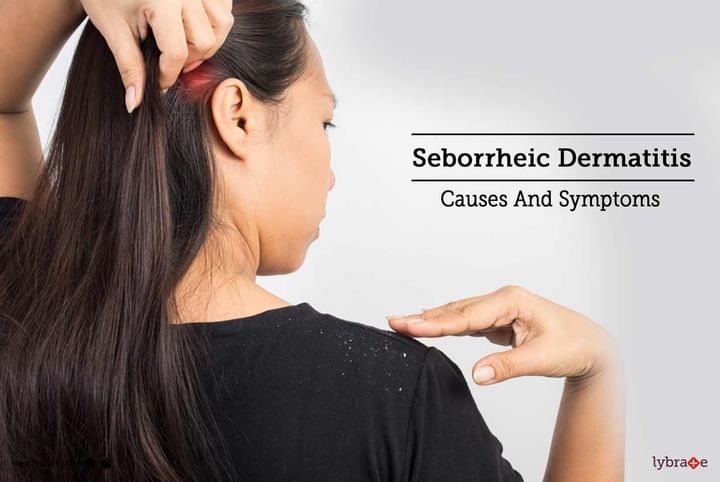Seborrheic Dermatitis - Causes And Symptoms
Seborrheic dermatitis refers to a kind of chronic skin rash affecting the scalp or face of a person. It has symptoms similar to that of eczema. Excess oil and greasiness could lead to this condition. This is a commonly noticed condition among children and adults. Seborrheic dermatitis is characterized by red patches, persistent dandruff, and flaking skin. This kind of skin disorder needs immediate treatment as neglecting the upsetting signs can turn out to be fatal; you may face a neurological breakdown after suffering for days together.
Take a look at the causes of Seborrheic Dermatitis:
- Inflammatory responses often result in reddish patches on the skin.
- Malassezia could cause Seborrheic Dermatitis. Malassezia is a type of yeast present in the oil secretions of a human body.
- Such a condition could be worsened by the predominant weather conditions. Extreme winters or early spring can make your skin peel off.
Symptoms a person may face:
- The first and foremost symptom is red colored skin. The skin will appear as itchy and tender.
- A stinging sensation is experienced in affected areas. The pain could be serious enough to prevent you from working or resting.
- The eyelids of a person are at times under threat. This condition is more popularly known as blepharitis. The skin of your eyelids becomes red and crusted.
- Dandruff can be found on your beard and moustache and even on your eyebrows.
- Oily, flaky skin can be found on the scalp, ears, face, chest, armpits and also on the scrotum.
Skin disorders are taken lightly by most people. Many fail to realize how important skin is to the rest of our biological system. Skin is the primary barrier to all kinds of infections and diseases. A person should be aware of possibilities that can happen to trigger a skin condition like Seborrheic Dermatitis. Poking acne or scratching the skin of one's face, diabetes or obesity, psychological trauma, and weak immunity as noticed among patients of pancreatitis can actually increase your risk of contracting this disorder. If you wish to discuss about any specific problem, you can consult a dermatologist and ask a free question.



+1.svg)
